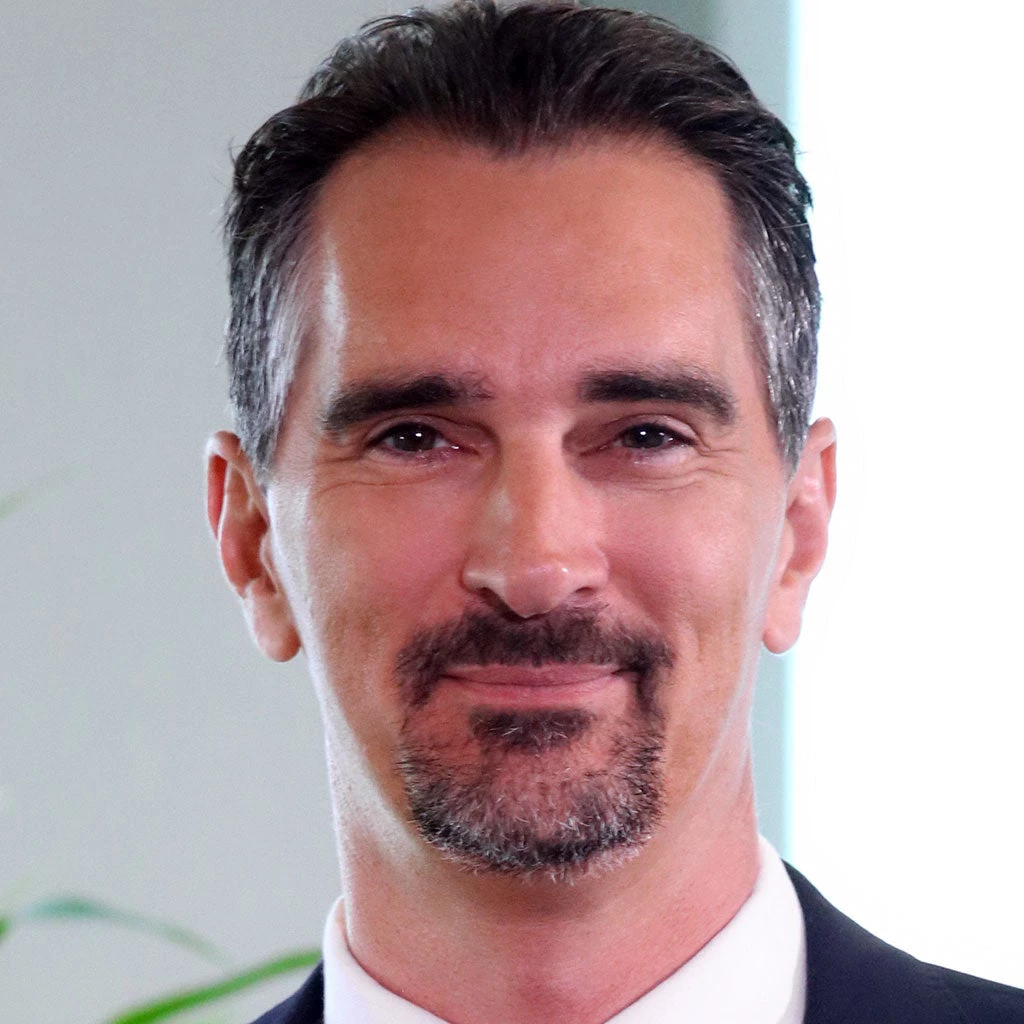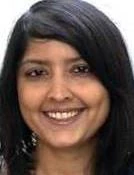 Students learning in a school in Dhaka, Bangladesh. Copyright: Dominic Chavez/World Bank
Students learning in a school in Dhaka, Bangladesh. Copyright: Dominic Chavez/World Bank
In a world facing immense challenges, building human capital—the knowledge, skills, and good health that empowers people and communities to reach their full potential—is crucial for overcoming adversity and achieving lasting, inclusive growth.
Human capital accounts for nearly two-thirds of the difference in gross domestic product (GDP) per capita between developed and developing countries. Yet, global challenges and rapid shifts in demographics, climate, and economic growth pose threats that can widen gaps in human capital.
Amid the pressing need to accelerate action, the Human Capital Umbrella Program, supported by the Bill and Melinda Gates Foundation and the Government of Canada, is committed to helping countries protect and invest in their people. In 2023, the Umbrella Program capitalized on its momentum and boosted human capital investments through analytical work and strategic initiatives. This included influencing the design and execution of projects aimed at addressing learning loss, resolving gender gaps, fostering income opportunities for marginalized groups, and bolstering resilience against the impacts of climate change.
Since its inception, the program has funded activities that have informed 26 World Bank-financed operations in human development, totaling more than $7 billion in lending and directly benefiting over 57 million people in developing countries. These outcomes underscored the power of data and analytics, a cross-sectoral approach to building government capacity, and convening and thought-leadership to drive country and global engagements.
Data and measurement are essential for designing effective policies
Data and analytics of education and health outcomes are critical locally, nationally, and globally. Measurement provides an evidence-based rationale on what works and where to target resources that complement policy measures and interventions.
Using the Human Capital Index (HCI), the Umbrella Program provided quantitative assessments to identify gaps in human capital and guide strategic actions. In Bangladesh, for instance, HCI data highlighted low human capital outcomes, emphasizing the need for targeted measures to ensure equitable progress and break intergenerational poverty. The Umbrella Program also developed key indicators for Pakistan’s Human Capital Review, now featured in an interactive dashboard. This platform enables monitoring progress at various levels and supports a simulation tool to assess the cost of re-enrolling children in school and parental attitudes toward girls’ education.
It takes a “whole-of-government” approach to boost investments
Driving more and better investments in people requires mobilizing resources and expertise from mutually dependent sectors and stakeholders to facilitate comprehensive reforms. Through analytics and technical assistance, the Umbrella Program has supported institutions and ministries to enhance their capacity to implement effective solutions.
In Kenya, for instance, it has helped improve policies, planning, and budgeting for government programs aimed at investing in young children and boosting women's productivity. The program is helping Ethiopia conduct early grade reading assessments and expand the Unified Nutrition Information Systems to improve health data collection. In addition, the program developed public expenditure and institutional reviews in Bangladesh, Ethiopia, Kenya, Nigeria, and Pakistan to analyze public spending and identify funding gaps for institutional reforms and effective interventions.
An investment in the future of everyone, including women and girls
Removing gender barriers unlocks economic productivity, reduces poverty, and enhances well-being and prosperity for current and future generations. A cornerstone of the Umbrella Program’s mission is its commitment to promoting gender equality and women’s empowerment. Through the Gender Innovation and Regional Learning initiative, the program is actively testing, documenting, and building capacity to implement the interventions that foster an environment conducive to girls and women’s social and economic empowerment within and beyond the Sahel.
In Côte d’Ivoire, for instance, it is leveraging radios and digital technologies for sexual and reproductive health training in safe spaces. Enlisting a cohort of African girls and women’s empowerment specialists, it is also building national and regional talent in the Sahel and the broader region that will shape, implement, and advocate for policies and programs to empower women and girls.
Way forward with continued policy dialogue and collective action
Our latest annual report provides a comprehensive overview of the Human Capital Umbrella Program’s impact over the past year, showcasing the strong momentum that will propel us forward. In addition to the priorities highlighted above, the Umbrella Program will continue to serve as a catalyst for policy dialogue and advocacy, convening stakeholders and fostering thought leadership to mobilize resources and drive innovation.
It will build on and leverage regional and global platforms and gatherings, such as the Africa Human Capital Heads of State Summit and the Ministerial Conclaves organized by the Human Capital Project biannually around the World Bank–IMF Meetings. These Conclaves have addressed issues around climate change, job creation and entrepreneurship, and harnessing AI and digital technology for human capital development.
With the steadfast support of our donors and partners, we are poised to take on more challenges and drive meaningful change. Together, we will support and empower governments to advance investments in people, ensuring a resilient and prosperous future for all.
To receive weekly articles, sign-up here





Join the Conversation